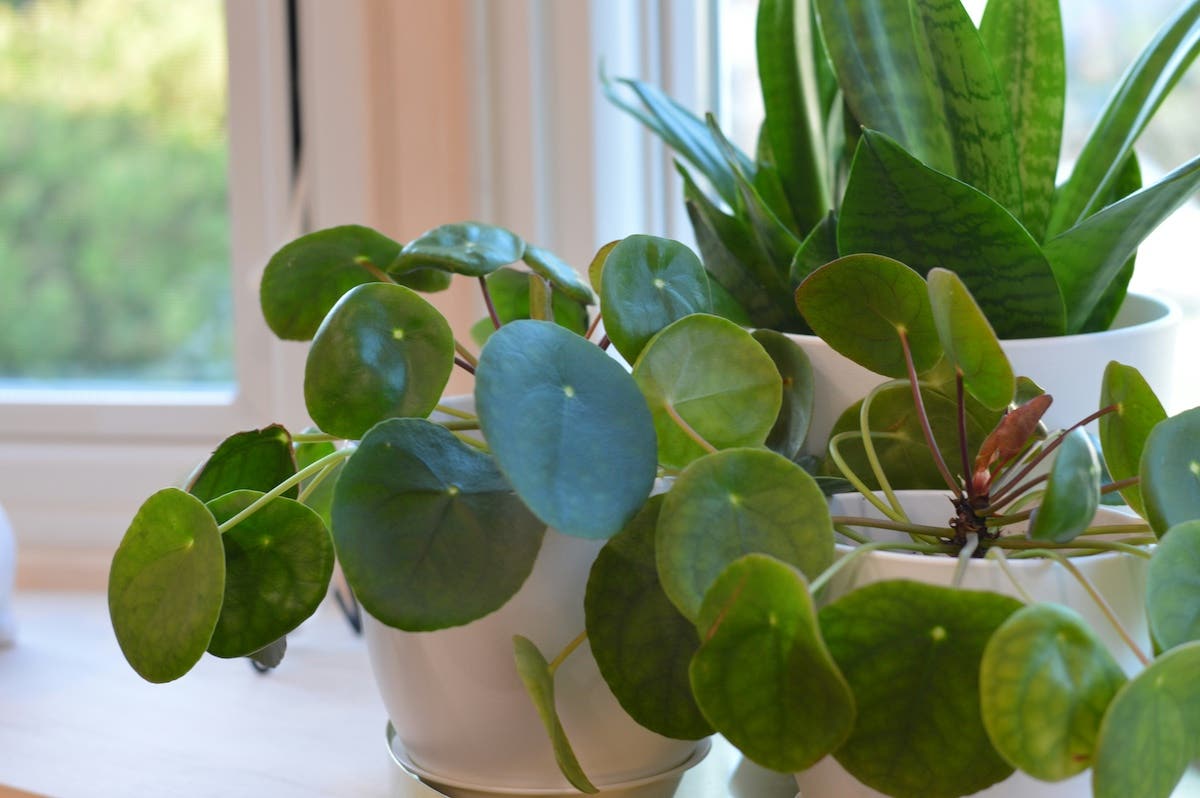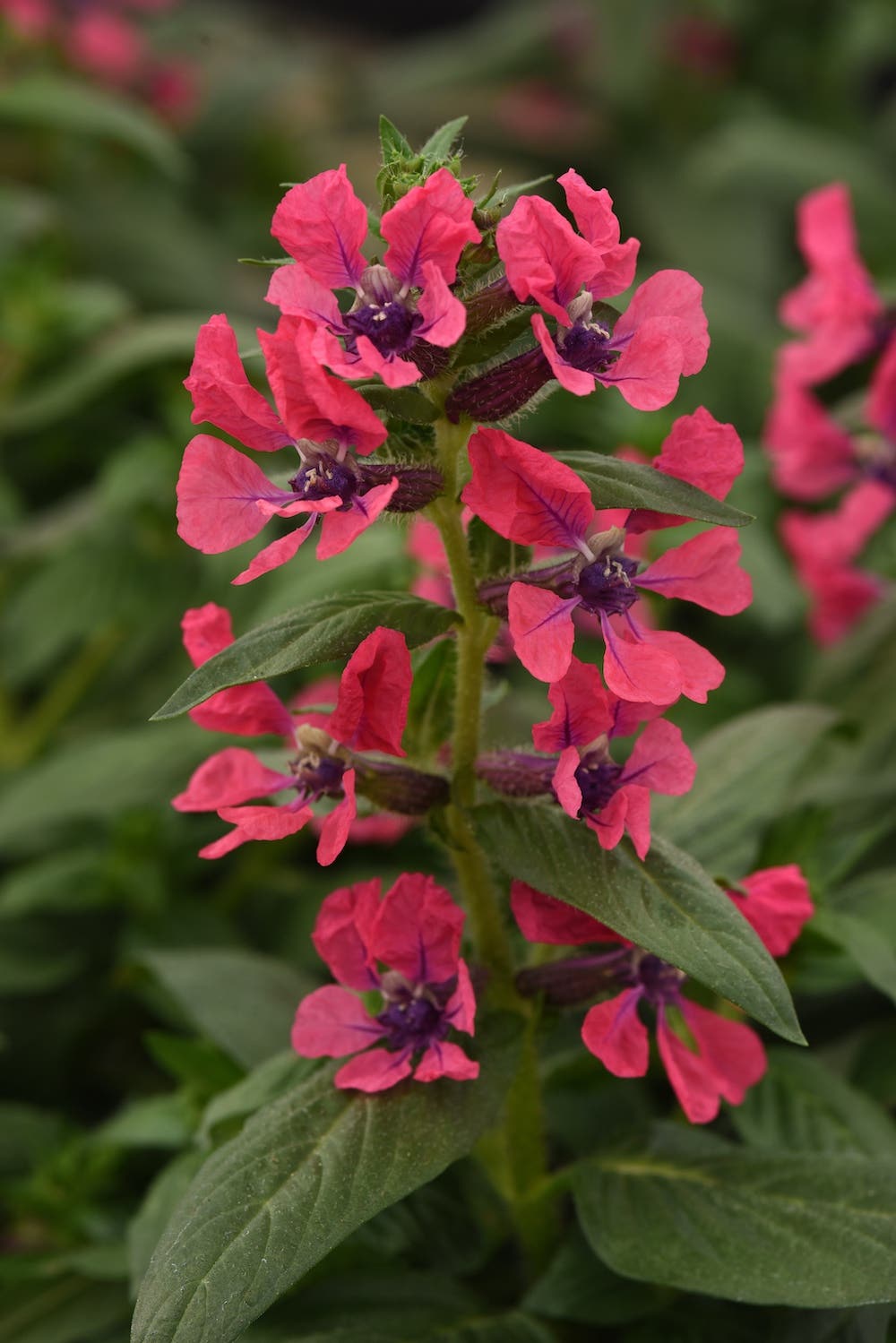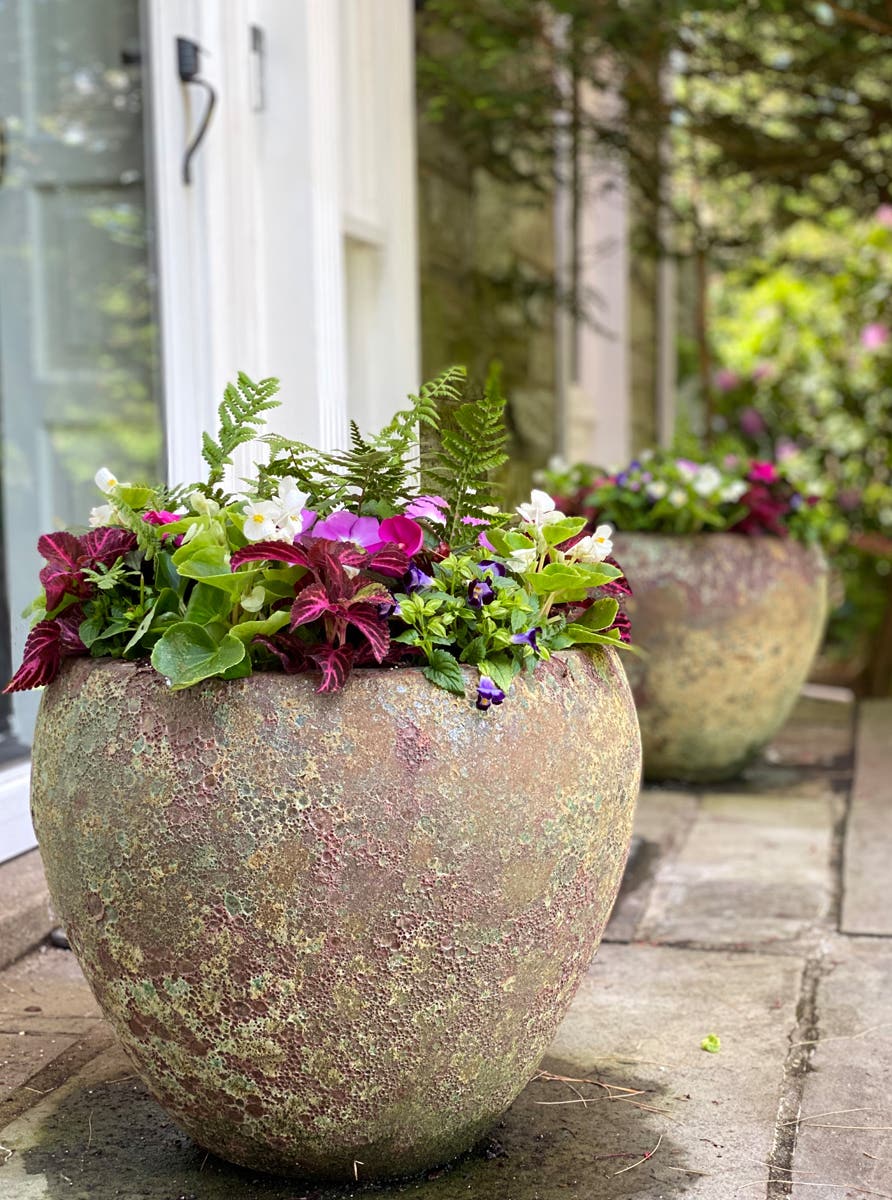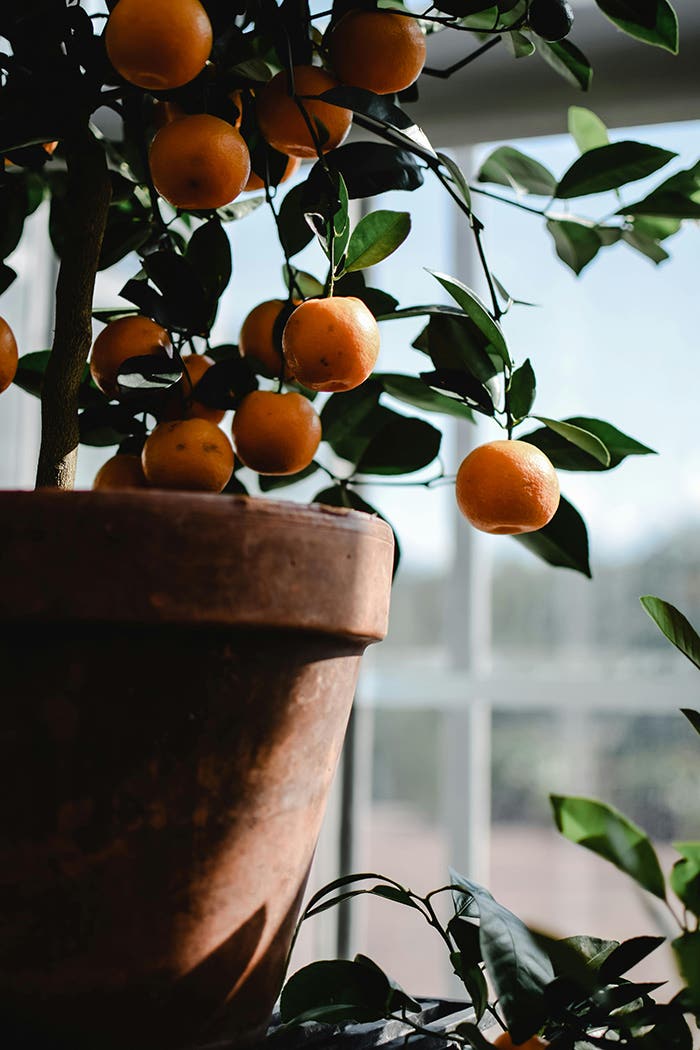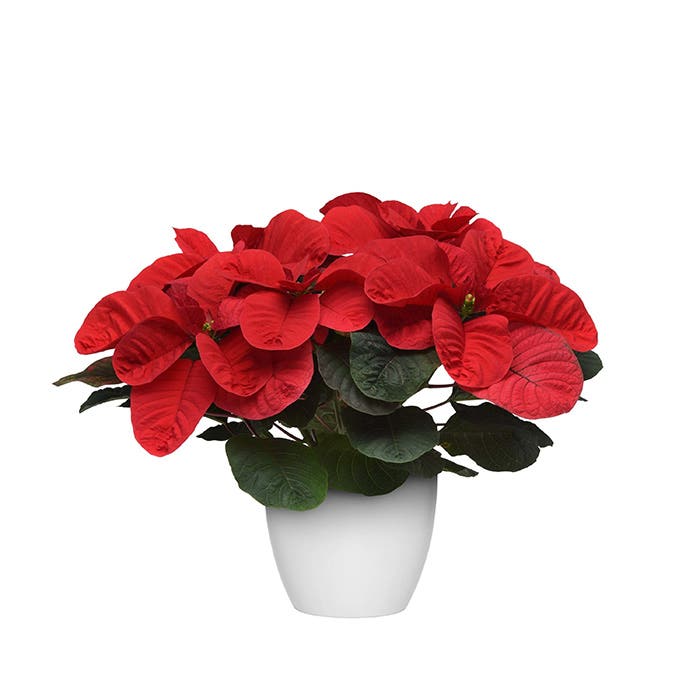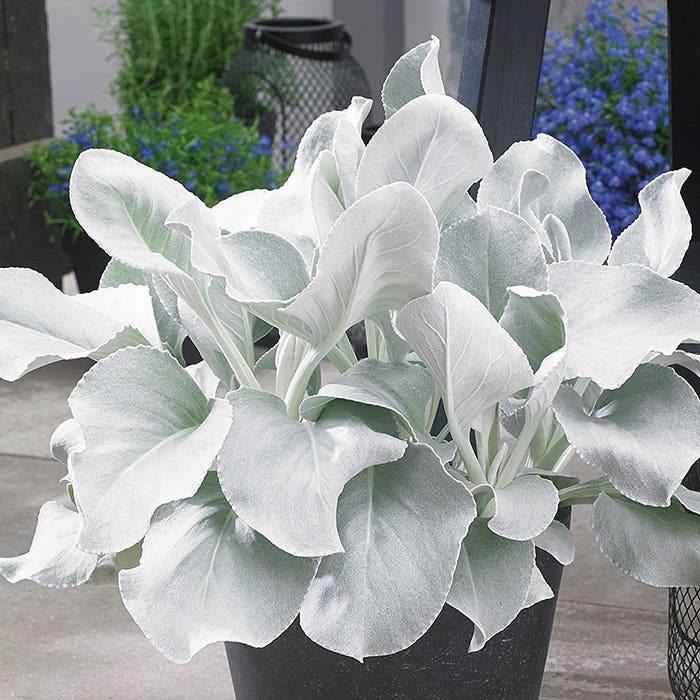Grow Gryphon Begonia As a Houseplant or in Patio Containers
A leafy, easy delight!
‘Gryphon’ begonia has large, palmate, rich green foliage that’s splashed in silver. The undersides of the bulky leaves and the slender stems are an eye-catching deep orange-red hue. This double-duty plant thrives in solo or mixed containers outdoors in summer and makes a fantastic foliage houseplant in the colder months. ‘Gryphon’ begonia is surprisingly drought tolerant and also easier to grow than rex begonias, with leaves that are just as stunning.
Common name: ‘Gryphon’ begonia
Botanical name: Begonia xhybrida ‘Gryphon’
Exposure: Part sun to shade
Flowers: ‘Gryphon’ begonia seldom blooms. Its flowers are small and white to blush in color. This plant is grown for its incredible leaves.
Foliage: Large, maple-like dark green leaves streaked in a striking silver top red-orange stems.
Size and habit: ‘Gryphon’ begonia has a mounded shape created by its large, overlapping leaves. It typically grows just over a foot tall and slightly wider than it is high, although hot and humid conditions can encourage growth to two feet or slightly more.
How to grow ‘Gryphon’ begonia: These low-maintenance foliage begonias need well-drained, fertile soil and part sun or shade. Full sun will cause the leaves to burn and crisp. Surprisingly drought tolerant, ‘Gryphon’ begonias can withstand dry conditions and should be watered only when the top inch or two of soil has dried. Err on the side of less watering to avoid rot. ‘Gryphon’ begonia will not tolerate frost and should be kept indoors when nighttime temperatures fall into the low 40s (F). Because shorter days and cooler temperatures will slow the plant’s growth, reduce watering in the winter.
Images courtesy of Ball Horticultural Company


